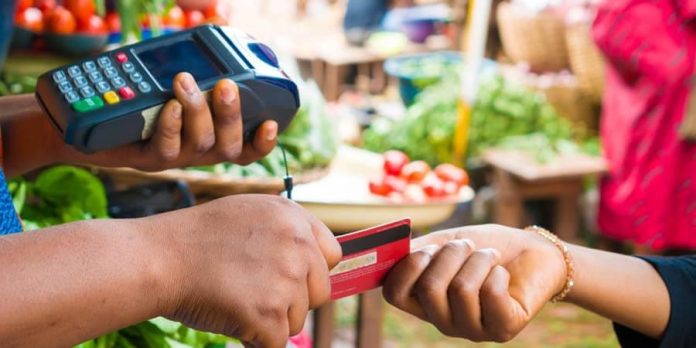A recent report has revealed a significant surge in digital payment systems across Africa, with a 37% growth in transaction volume over the past five years. This shift is transforming the continent’s financial ecosystem, according to the 2024 State of Inclusive Instant Payment Systems In Africa (SIIPS) Report, launched in Accra, Ghana.
The report highlights the expansion of Instant Payment Systems (IPS), with 31 operational systems across 26 countries, and 27 more nations preparing to launch similar systems. Despite this progress, the report emphasizes the need to address persistent challenges, particularly for women and vulnerable groups, who face barriers such as fraud concerns and limited recourse mechanisms.
Dr. Robert Ochola, CEO of AfricaNenda, emphasized the need for a collective effort to expand IPS and deliver solutions that cater to every citizen, particularly those in rural and underserved areas. The goal, he stated, is to ensure universal financial inclusion by 2030.
Jean Pesme, Global Director of Finance at the World Bank, reiterated the transformative potential of IPS, stating that access to safe, low-cost, and efficient digital payments can transform lives, close the gender finance gap, and foster resilience.
The report calls for accelerated innovation in fintech licensing, universal IPS adoption, and cross-border payment systems to create a more inclusive and interconnected digital payment infrastructure, driving Africa closer to universal financial inclusion.

